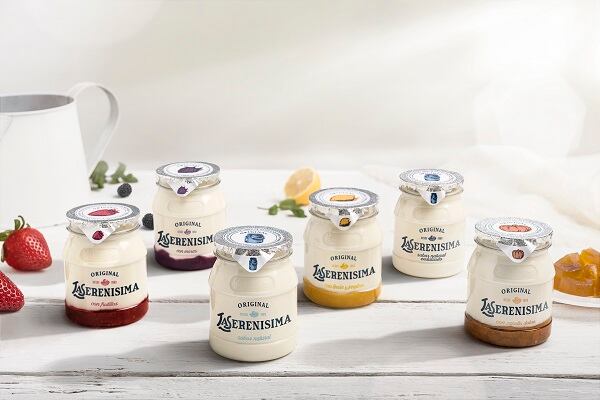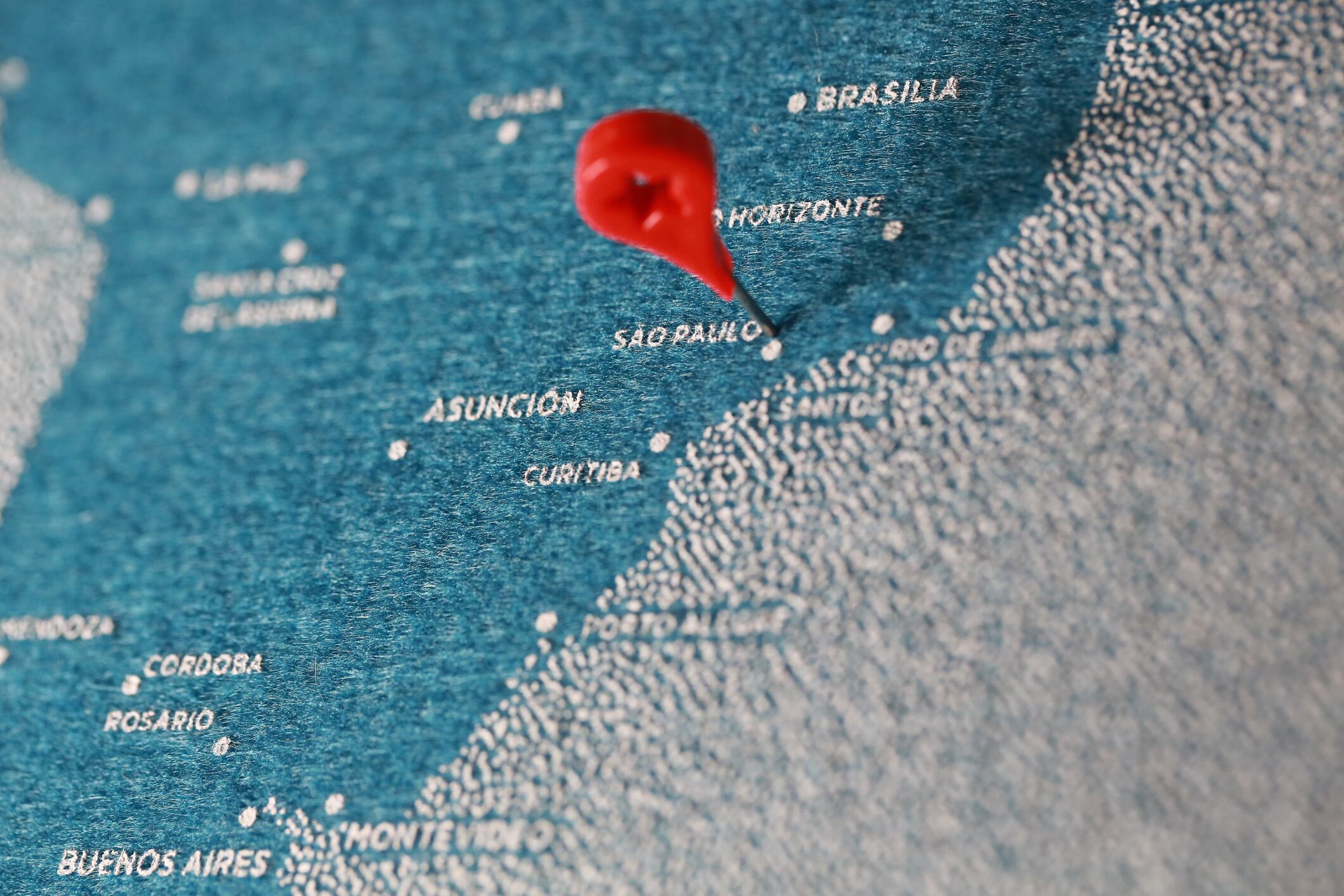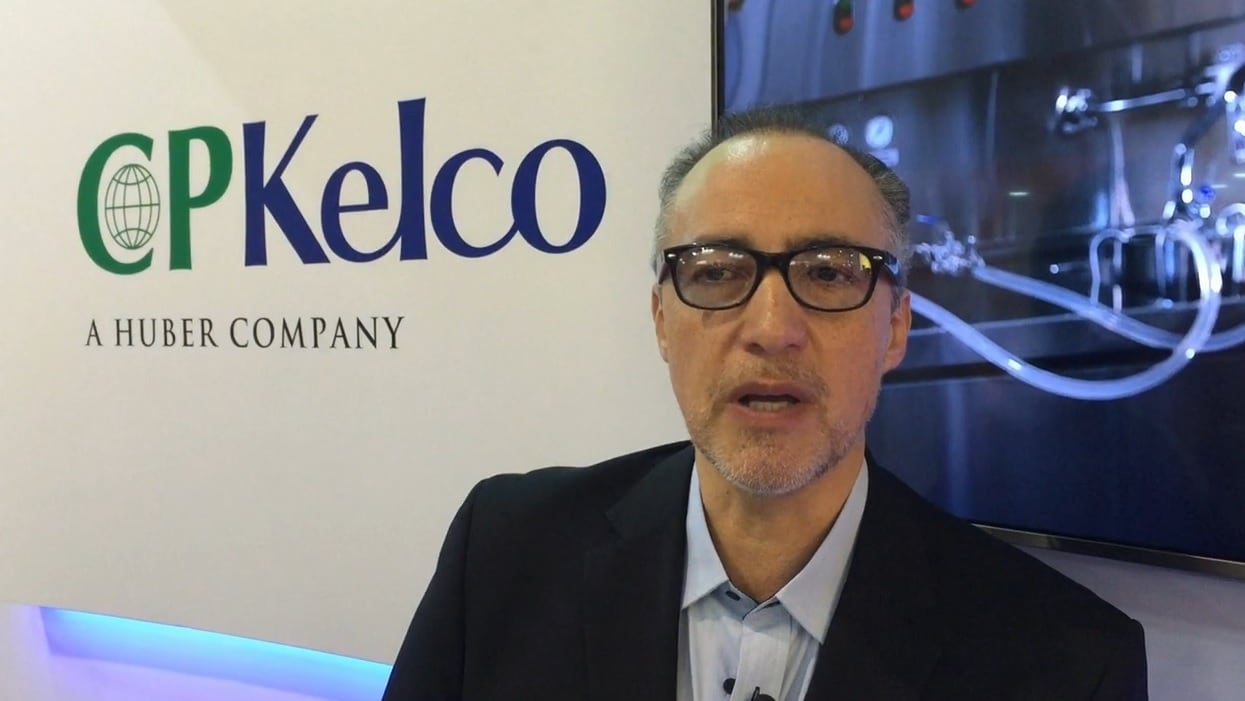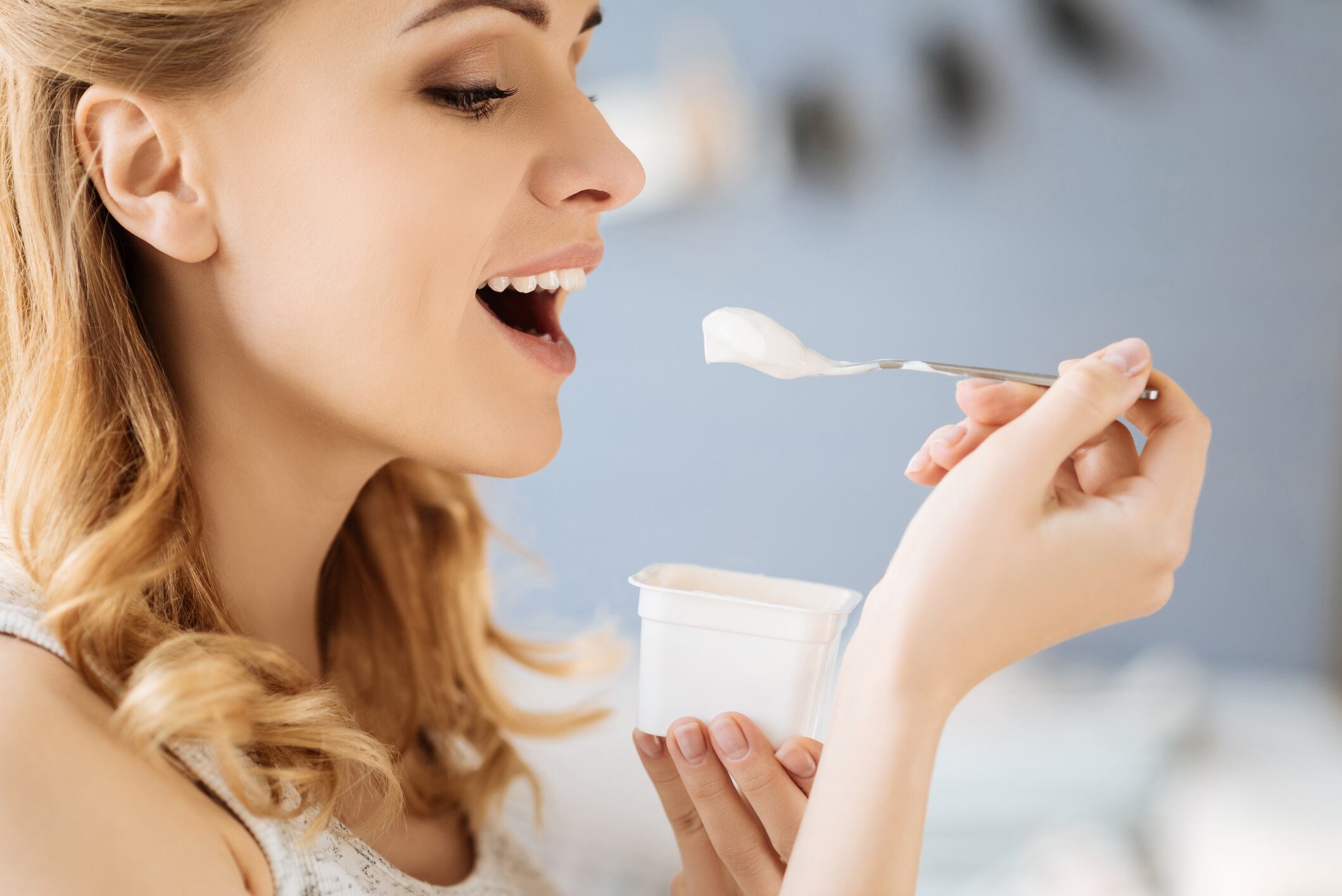La Serenísima's transparent jar allows consumers to see the contents and, unlike most yogurt pots, which are made from thermoformed PP and polystyrene containers, is made from PET.
“We decided to choose PET because it already has a developed recycling market in Argentina, and by doing this, we feed an inclusive recycling chain," said Maximiliano Sassone, director of research and innovation (R&I) at Danone Argentina.
The range’s new packaging is made from transparent 200-ml polyethylene terephthalate (PET) jar with a wide-mouth opening and a PET-aluminium covering. It was developed with global packaging company Amcor.
The packaging features an engraving and “finely finished” base that, according to Danone, reflects the premium and natural positioning of the category-leading brand.
“La Serenísima is a local brand with a strong heritage in Argentina,” he added. “La Serenísima Original is the first product whose packaging was designed under the concept of circular economy,” he said. “We are walking this path with the Ellen MacArthur Foundation partnership, whose mission is to accelerate changes towards the circular economy model.”
Danone joined the Ellen MacArthur Foundation in January 2017, a three-year commitment that will see it embed circular economy principles within its business.
“The next step will be to incorporate recycled materials such as rPET into the composition of the pots,” Sassone told FoodNavigator-LATAM.
Asked if sustainability concerns were high on the agenda of Argentinian consumers, Sassone said: “Argentina is not very different from what’s happening in the world [and] Danone will continue this portfolio transition to a circular economy because it is part of our vision and commitments towards the preservation of our planet.
“We have the opportunity to be the first yogurt in Argentina to speak about the circular economy and closed-loop recycling.”
‘Surprising flavors’
La Serenísima Original yogurt is available in six flavors: natural, naturally sweetened, strawberry, blackberry, lemon and ginger, and sweet squash.
Sweet squash is a traditional flavor in desserts in Argentina but, according to Sassone, is completely new for the yogurt category.
"We wanted to surprise our consumers bringing ingredients and flavors from traditional recipes in Argentina combined with the traditional yogurt recipe to create new experiences,” he said, adding that Danone plans to add more flavors to the Serenísima range “in the near future.”
La Serenísima sources its milk from family farms in Argentina, using “100% natural” additives and no preservatives.
The products will be manufactured locally, with a production capacity for between 40 and 50 million units per year, and sold in Argentina and Uruguay.
La Serenísima processes over three million liters of raw milk every day, which it sources from 724 dairy farms.
Its portfolio includes liquid milk and cream, milk powders, cheese, butter, and dairy-based desserts, and it exports to over 36 countries both in Latin America and beyond. Brazil, the US, Mexico, Chile, and Russia are the main destinations.
Brazil is the largest dairy market in Latin America, with 37% of the total dairy revenues in the region. But, according to Euromonitor, yogurt sales will decline through 2022, with a CAGR of -1%. The market research company attributes this to difficult economic conditions and rising unit prices.
Argentina, Mexico, Chile and Peru, however, all saw positive sales growth across the board in dairy sales in 2017, it said.
That year, cheese was the fastest-growing dairy product across Latin America, posting growth in every market.
According to hydrocolloid supplier CP Kelco, ambient drinking yogurts have a particular attraction due to the vast distances dairy products travel. “[Transporting protein] without refrigeration is key for some companies,” the company’s sales director for Latam Miguel Ruiseñor, said last year.




